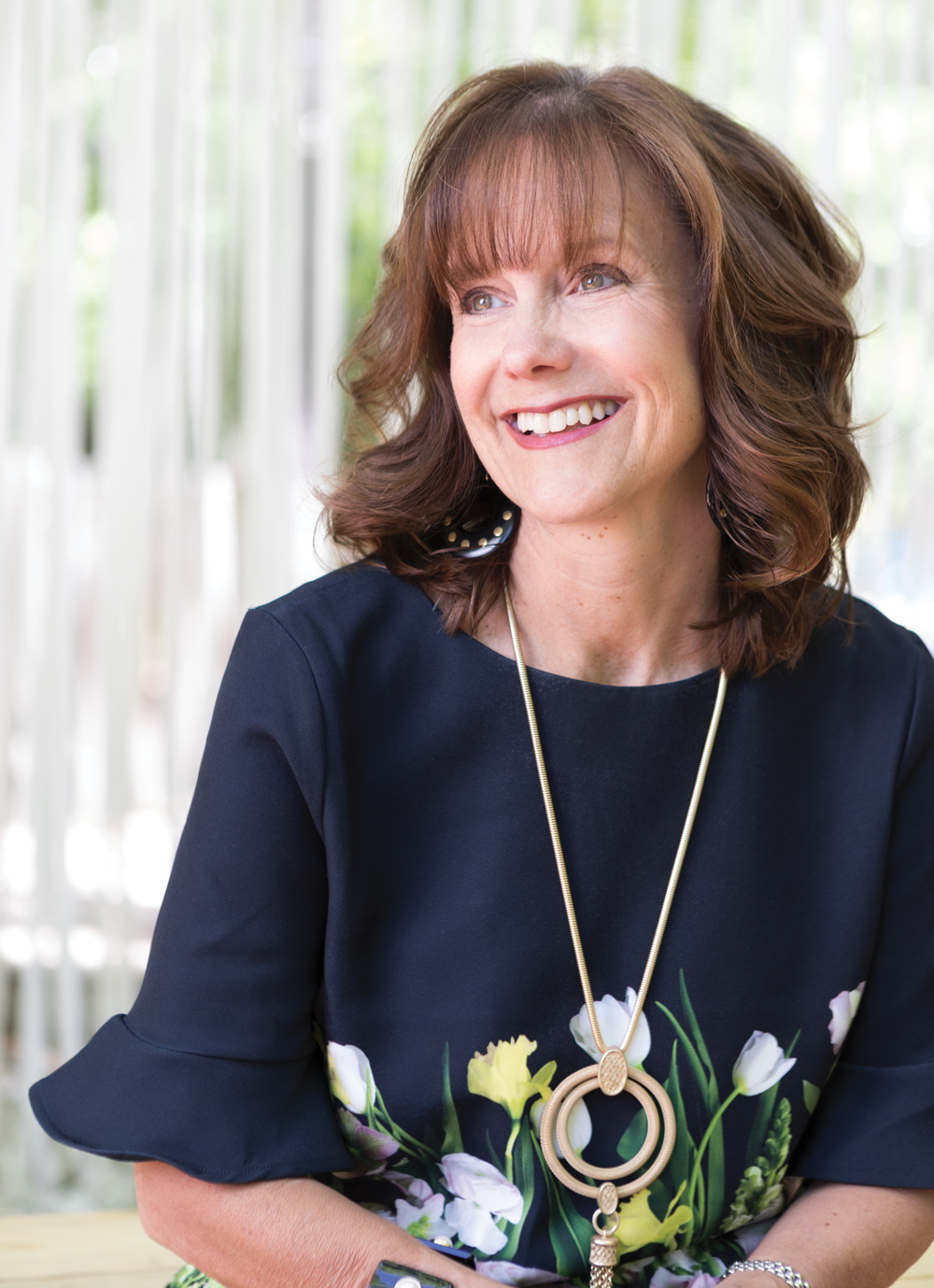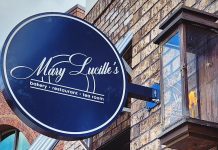
Photograph by Patrick Heagney
My first assignment for Atlanta magazine was about throwing a houseboat party on Lake Lanier. Back then I’d never been on a houseboat, let alone Lake Lanier. And the story was due in February, when no one’s out cruising. But I would’ve accepted almost any job to get a byline in Atlanta. I drove up to Gainesville so many times I spent more on gas than I got paid. I stood at the marina and stared out over the bleak, gray water, shivering and trying to conjure up Cocktail Cove.
When that didn’t spark inspiration, I started asking around. In the days before Twitter, reporters talked to actual people . . . in person. I had all the facts, just no real story. At last, I stumbled into the Lantern Inn. For some 40 years, regulars docked behind this low-slung diner just across the Forsyth County line. After the nightly all-you-can-eat buffet, the chef and his wife would perform rowdy impersonations of Elvis and Patsy. Luckily for me, this was a year-round show.
That two-stepping honky-tonk was the first of many worlds I’ve discovered in my years with Atlanta magazine—10 as a freelancer and 15 on staff. I’ve met pro athletes and folk artists, immigrants and CEOs, chefs and politicians, film stars, survivors, teachers, and one very famous stripper. Back when the Littles still owned the neighborhood grocery, I hung out for a couple of months with the retired millworkers and church ladies of Cabbagetown. Soothed by Appalachian accents reminiscent of my Tennessee childhood, I absorbed lessons in perseverance and compassion from a community resigned to gentrification.
In 2003, for an issue celebrating the 40th anniversary of Dr. King’s “I Have a Dream” speech, I met with teenagers at Wheeler High School—whose students represented 65 different nations, and where my own son had just enrolled as a freshman. Expecting adolescent outrage, I asked them about a Taylor County school that had only recently integrated its prom. A quiet girl wearing a hijab said, “You can’t say Georgia’s a racist state because generalizations are what make people fear other people they don’t know.”
One of the best things about being a journalist—just ask my predecessor Steve Fennessy, a gifted editor who missed reporting so much he decided to get back into the field—is that people invite you into their private lives. During interviews, the usual rules of engagement are temporarily suspended. It’s a privilege writers should never take for granted.
So before we get started on a new chapter, Atlanta, let me say—thanks for sharing.
This article originally appeared in our October 2017 issue.









![The North Carolina Museum of Natural Sciences’ newest exhibit is a [pre]historic first](https://cdn2.atlantamagazine.com/wp-content/uploads/sites/4/2024/04/DD-3-100x70.jpg)



